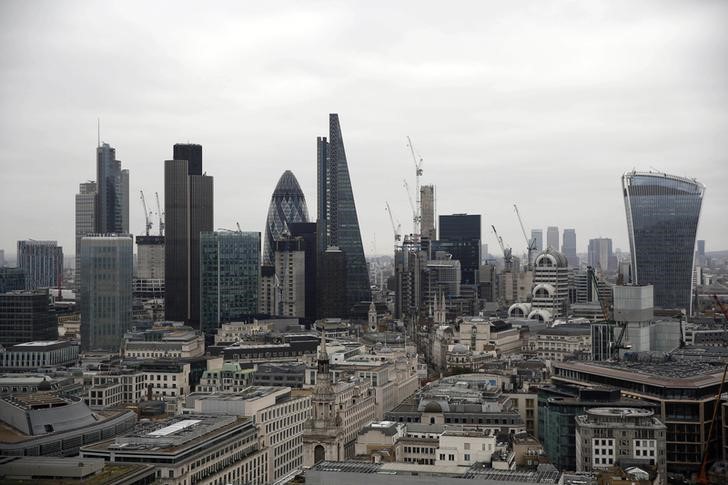By Geoffrey Smith
Investing.com -- For weeks, the property-obsessed British public has been accused of not taking the Covid-19 seriously enough. It will now.
Prime Minister Boris Johnson late on Thursday to effectively suspend the nation’s housing market, due to the pandemic, and that has put shares in the country’s estate agents and housebuilders under particular pressure on Friday.
The move is rational enough – viewings of properties and the whole business of removals pose a clear and present danger of accelerating transmission of the disease, especially when those carrying it can remain without symptoms for weeks.
But it will extend the ‘sudden stop’ of business to builders and their suppliers, to banks who depend heavily on mortgage lending and the commissions it generates, to estate agents and to insurance companies.
By 6:15 AM ET (1015 GMT), Persimmon (LON:PSN) shares were down 8.2% and Redrow (LON:RDW) shares were down 7.1%, the latter after an announcement that it will close all its building sites and sales offices for the foreseeable future. Taylor Wimpey (LON:TW) shares and Barratt Developments (LON:BDEV) shares were down 4.2% and 4.1% respectively.
Things were no better for the estate agents, with online specialist Rightmove shares losing 6.3%.
The broader FTSE 100 and FTSE 250 indices were down 4.0% and 3.4%, respectively, while the benchmark Stoxx 600 was down 2.7% on some profit-taking after a record-breaking week.
The standout performer was Berkeley Group (LON:BKGH), which concentrates on upper-market construction in London and the south of England. In contrast to many, it said it will pay its dividend for the year ending next week as planned and also reiterated its intention to pay out another 140 million pounds to shareholders through dividends and buybacks by September. Berkeley shares were down only 1.4%
That’s a stark contrast to the succession of cash conservation measures announced by others – not just in the housing sector – over the last two weeks. Berkeley will still have over 1 billion pounds of net cash after the full-year dividend payment and total accessible liquidity of 1.75 billion pounds.
Another relative outperformer in the sector was Countrywide, although its 1.6% bounce was of the dead-cat variety. Countrywide shares have fallen 79% in the last month after LSL abandoned its intention to buy the company and a separate proposed sale of its commercial property arm also fell through.
